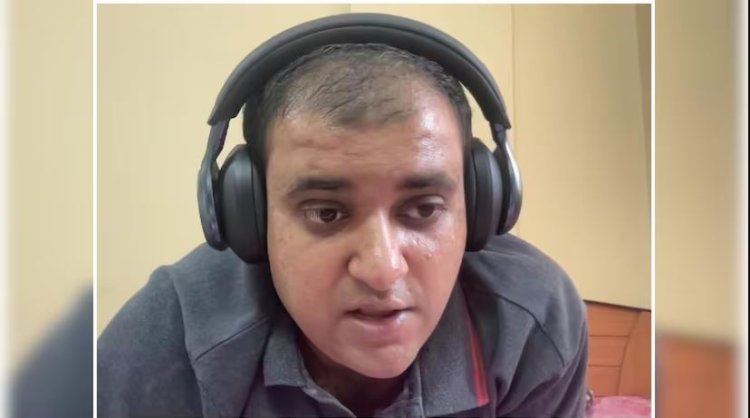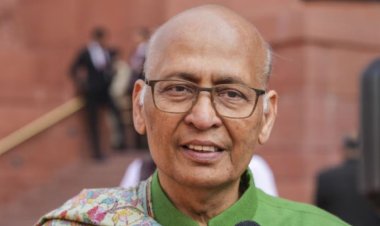Bengaluru techie Atul Subhash's suicide: The Supreme Court outlines eight factors for determining alimony.
The court states that the permanent alimony amount should be determined in a way that does not disadvantage the husband while ensuring a reasonable standard of living for the wife.

Amid the ongoing debate surrounding the suicide of Bengaluru-based techie Atul Subhash, the Supreme Court has established an eight-point guideline for determining alimony amounts. Subhash allegedly took his own life due to harassment from his wife and in-laws for financial support.
Before his death, Atul recorded an 80-minute video accusing his estranged wife, Nikita Singhania, and her family of extortion and harassment. He also wrote a 24-page suicide note criticizing the justice system.
According to a report from Live Law, a Supreme Court bench comprising Justices Vikram Nath and Prasanna B. Varale laid down these guidelines for determining the final alimony amount in a divorce case involving a Hindu couple. The appellant (husband) and respondent (wife) had been married for six years but lived separately for nearly two decades. The husband claimed that the wife was overly sensitive and distant from his family, while the wife alleged mistreatment on his part.
The eight factors to be considered by the court when deciding alimony are as follows:
1. The social and financial status of the parties.
2. The reasonable needs of the wife and any dependent children.
3. The individual qualifications and employment statuses of both parties.
4. Any independent income or assets owned by the applicant.
5. The standard of living enjoyed by the wife in the matrimonial home.
6. Any sacrifices made in employment for family responsibilities.
7. Reasonable litigation costs for a non-working wife.
8. The financial capacity of the husband, including his income, maintenance obligations, and liabilities.
While advising all courts to adhere to these guidelines for determining permanent alimony, the Supreme Court emphasized that these factors should not be interpreted as a strict formula but rather as a framework for consideration. The court stated that the permanent alimony amount should be decided in a way that does not penalize the husband while ensuring a decent standard of living for the wife.
A case has been filed at the Marathahalli police station based on a complaint from Atul’s brother, Bikas Kumar, against four individuals, including Atul’s wife, Nikita Singhania, under sections 108 (abetment of suicide) and 3(5) (criminal acts committed by multiple persons in furtherance of a common intention) of the Bharatiya Nyaya Sanhita (BNS).
The FIR names Nikita Singhania, her mother Nisha Singhania, brother Anurag Singhania, and uncle Sushil Singhania as accused. The police are expected to issue notices to all suspects, requiring them to appear for questioning.
According to the FIR, the accused allegedly filed false cases against Atul and demanded ₹3 crore to settle the matter. It is also claimed that Nikita was demanding ₹30 lakh for allowing Atul to meet their son. The police noted that Atul was facing marital issues, as his wife had filed numerous cases against him in Uttar Pradesh, which he discussed in the video he recorded shortly before his death.
Before committing suicide, he shared his note in a WhatsApp group of an NGO he was affiliated with and sent it to several others via email.















